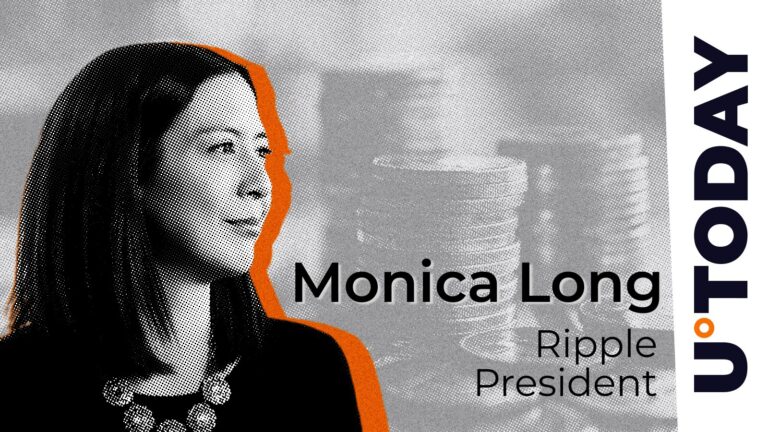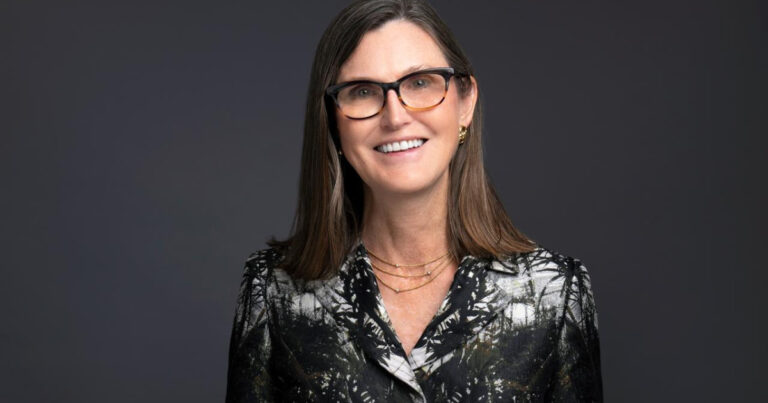Is Bitcoin’s Reserve Enough to Prove Solvency? Critic Challenges VanEck Executive’s Claims
Nic Carter’s Skepticism on the U.S. Establishing a Bitcoin Reserve
Nic Carter, Founding Partner at Castle Island Ventures, has raised concerns about the U.S. potentially establishing a strategic Bitcoin reserve under the incoming Trump administration. He believes that such a move could pose risks to the global standing of the dollar. Carter’s skepticism has stirred up a debate within the cryptocurrency community about the feasibility and implications of such a reserve.
Matthew Sigel’s Critique of Carter’s Perspective
In response to Carter’s skepticism, Matthew Sigel, Head of Digital Assets Research at VanEck, has strongly disagreed with his views. Sigel went as far as to label Carter’s perspective as “Loserthink” in a pointed social media response. This exchange of opinions has sparked a heated discussion among industry experts and enthusiasts alike.
As Bitcoin continues to gain mainstream acceptance and recognition as a legitimate asset class, the idea of governments holding reserves in the form of Bitcoin is becoming a more plausible scenario. However, the feasibility and implications of such a move are still open to debate.
Effect on Individuals
If the U.S. were to establish a strategic Bitcoin reserve, it could have a significant impact on individual investors and users of the cryptocurrency. The increased institutional adoption of Bitcoin could lead to greater price stability and liquidity in the market, making it more attractive to retail investors. Additionally, the U.S. holding a Bitcoin reserve could lend further credibility to the cryptocurrency and boost its long-term value.
Effect on the World
The establishment of a Bitcoin reserve by a major global economy like the U.S. could have far-reaching implications for the world economy. It could potentially challenge the dominance of traditional fiat currencies and reshape the global financial system. The adoption of Bitcoin by governments as a reserve asset could signal a paradigm shift towards decentralization and digital assets as the future of finance.
Conclusion
The debate surrounding the idea of the U.S. establishing a Bitcoin reserve highlights the growing acceptance and potential of cryptocurrencies in mainstream finance. While skeptics raise valid concerns about the risks involved, proponents argue for the transformative power of digital assets. As the world continues to navigate the evolving landscape of finance, the role of Bitcoin and other cryptocurrencies as reserve assets remains a topic of ongoing discussion and debate.




